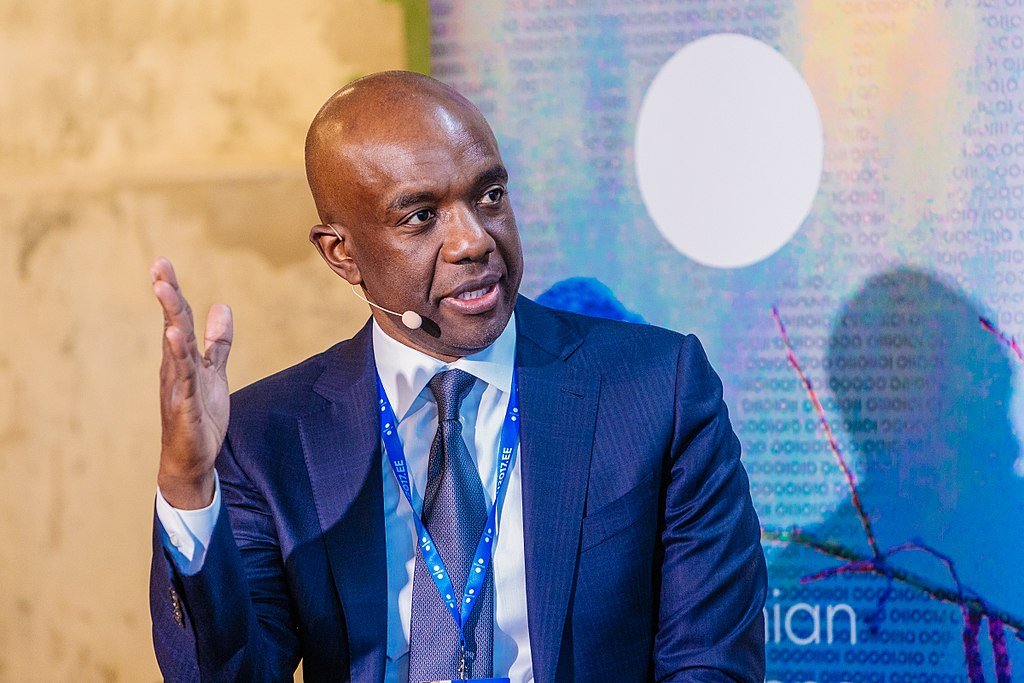In a pivotal statement made during the United Nations Economic Commission for Africa (UNECA) summit held in Victoria Falls, James Manyika, the esteemed Senior Vice President of Google in charge of Artificial Intelligence, emphasized the importance of the Zimbabwean government facilitating contributions from its diaspora for the country’s development. The summit, a significant gathering for Africa’s finance ministers and top bankers, also saw Manyika’s interactions with Zimbabwean President Emmerson Mnangagwa and Finance and Economic Development and Investment Promotion Minister Mthuli Ncube.
During an engaging conversation with journalists, Manyika, who was named among the Top 100 people in AI by TIME magazine last year, detailed his vision for aiding Zimbabwe’s growth through artificial intelligence (AI) and other initiatives. “When I think about how I can help Zimbabwe, it’s a two-way street,” Manyika remarked, highlighting the reciprocal nature of development efforts. He has been instrumental in establishing scholarships and fellowships designed to provide Zimbabweans with access to valuable resources and opportunities. However, Manyika stressed the need for Zimbabwe to streamline processes that allow expatriates to contribute effectively to their homeland.
“It’s not a one-way street,” Manyika continued, expressing his commitment to promoting Zimbabwe on the global stage while calling for support from within the country to ensure these efforts are fruitful. “Let’s help each other to uplift Zimbabwe,” he urged, underscoring the mutual benefits of cooperation between the diaspora and residents.
In addition to discussing diaspora contributions, Manyika shed light on the potential of AI to transform various sectors across Africa, such as healthcare and climate monitoring, while speaking at the UNECA summit. He also acknowledged the challenges posed by AI, particularly its impact on employment, advocating for the training of African youths to equip them with the skills necessary to thrive in an increasingly technology-driven future.
Manyika’s call to action for Zimbabwe—and by extension, Africa—highlights the critical role of collaboration between the continent’s expatriates and their home countries in harnessing the full potential of advancements like AI for sustainable development.






